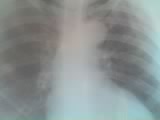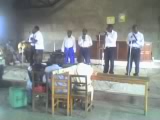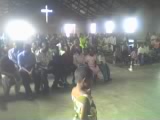
Dear All,
The mounth of July was a mounth of the second theme of discussion of professionals involved in cancer control with experts through Global Cancer Control Community of UICC. The discussion focuses on the target 2 of the World Cancer Declaration and consist to answering to the following questions:
1. Do you have a cancer registry system in your country? If so, please describe. If not, what are the main obstacles in your country that hamper development of a national cancer registry?
2. Does your country rely on a population-based or representative cancer registry?
3. If possible, do you know approximately what percentage of the population is covered by the cancer registry?
4. Which institutions are responsible for cancer data collection - government agencies or others?
5. How can health care professionals lobby government and health officials to invest in cancer registry development?
Here answers from DRC:
1.A cancer registry exist in DRC but is not well structured and organized because each hospital has its own data and these data are mechanically registered. Some institutions don't have computer and even those who have computer don't use it for registry. This because more professionals don't have sufficient skills for database system.
2.In the country there is no oncology service or unit.Cancer sicks are treated in others service as internal medicine department, surgery department, pediatric department, gynecologic department. This is done locally in each hospital but there is also a problem of diagnosis.For more of cases there is no certainty of diagnosis because of missing the appropriate materials for confirmation. All these cases are not registered.
3.The percentage covered by the cancer registry is not known in DRC.
4.Each institution has its own database but all report to the provincial inspection of health. But in all the reports there is not more information about cancer.
5.In DRC, the lobbing to be effective may be done by NGO with health professional. It is good that NGO organizes training in cancer and implement some programs in hospitals. But this demand more financial support.
Thank you,
Dr Mateus kambale Sahani/DRC-AGIR ENSEMBLE.






















































































































Aucun commentaire:
Enregistrer un commentaire